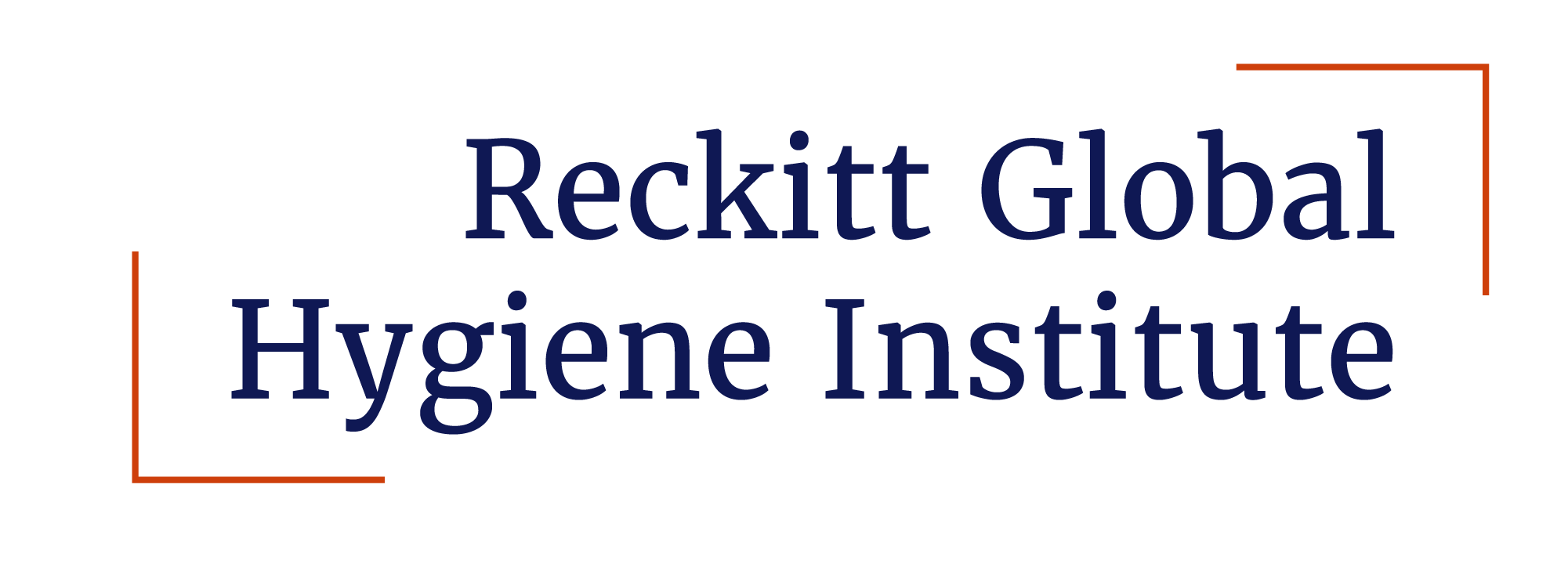Why Has Interest in Hygiene Behaviours Waned? Reflecting on the Latest COVID-19 Wave
As the world faces the threat of yet another wave of COVID-19, it’s becoming increasingly apparent that our collective commitment to hygiene behaviours—a crucial tool in controlling the pandemic—has faded.
At the onset of the pandemic, there was a global surge in attention to handwashing, sanitising, and maintaining clean environments. However, once lockdowns were lifted, vaccines were rolled out, and life began to return to a semblance of pre-pandemic normalcy, hygiene behaviours were deprioritised in the global public health agenda. This trend should raise alarms, particularly among those concerned about future pandemics or the threat of antimicrobial resistance.
Hygiene is not a short-term solution: it’s a fundamental, long-term preventive behaviour. Unlike the more visible practices of mask-wearing or vaccination, hygiene habits tend to be private and less conspicuous. As a result, once the immediate sense of urgency fades, these essential practices often fall by the wayside—despite their importance in maintaining public health.
If we fail to learn from past experiences, we risk being blindsided by future pandemics. Hygiene, when woven into the fabric of daily life, can be a powerful tool to protect communities and help prevent the next global health crisis.
This is where hygiene research becomes indispensable. It can address key challenges and provide the knowledge, tools, and policies necessary to ensure hygiene is not just a reactionary measure but a core pillar of healthcare, pandemic preparedness, and global health response. Shifting public perception to view hygiene as a critical public health tool requires policies supported by strong evidence, continuous learning, and close collaboration between researchers and policymakers.
At RGHI, our commitment to funding hygiene research ensures that hygiene remains central to public health discussions. Well-funded research is essential for guiding policy decisions that promote hygiene and overall public health. Policymakers rely on data to develop sustainable health solutions, and without continued investment in research, hygiene risks being treated as a temporary response rather than a long-term necessity.
It’s no coincidence that countries with strong hygiene promotion in public health and environmental governance were also the most successful in managing COVID-19. Failing to learn from this pandemic will leave us scrambling for patchwork solutions when future outbreaks arise. The solution lies in embedding hygiene into the fabric of global health systems across multiple settings and sectors, with close coordination among researchers, policymakers, and implementing agencies.


 Photo: Scott Wallace / World Bank
Photo: Scott Wallace / World Bank